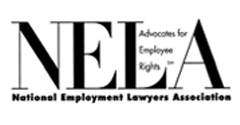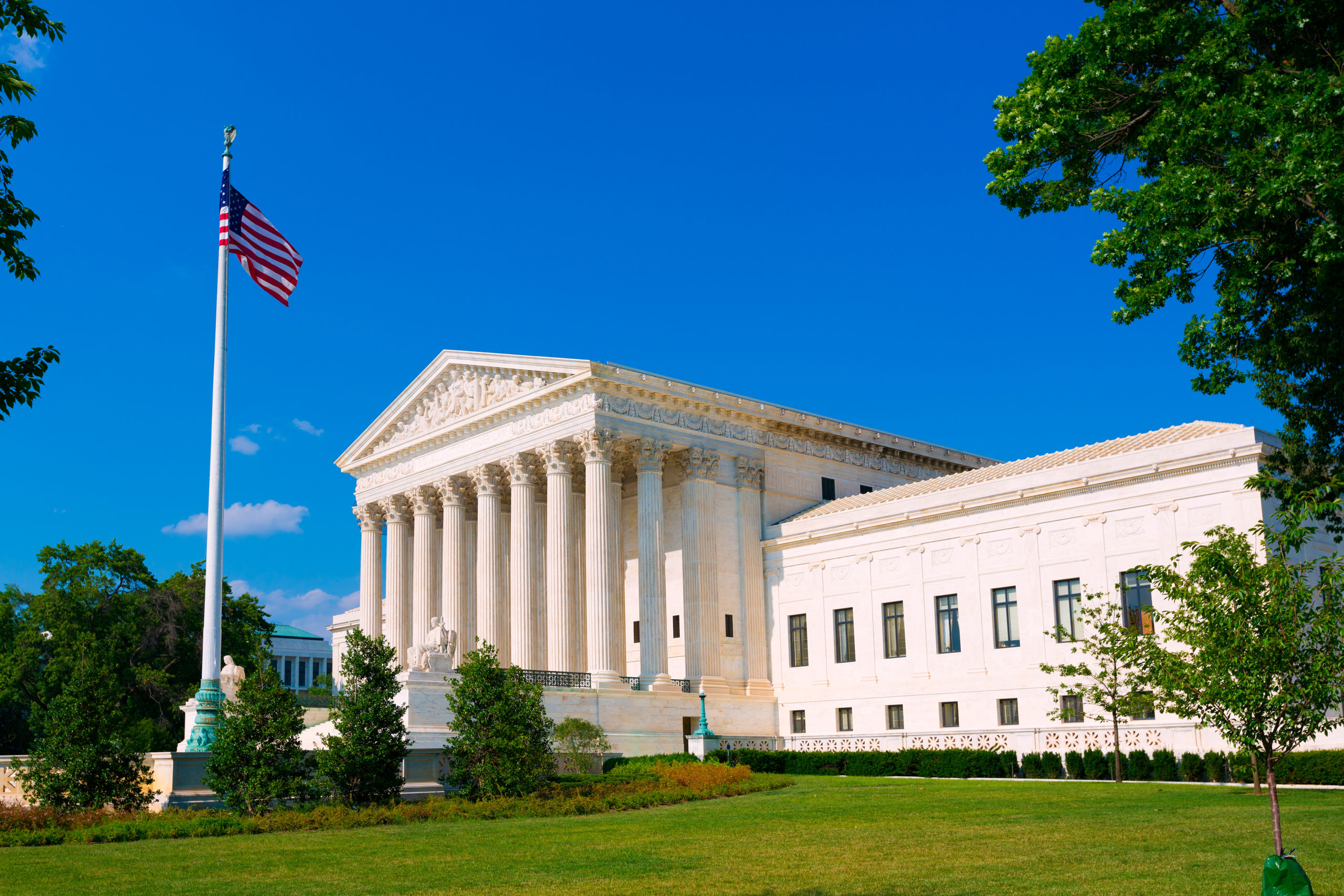Forty-five percent of employees have witnessed wrongdoing on behalf of their employer, but only 64% of those that have reported it. This is not a small number, but not nearly as high as one might imagine given that (as discussed in earlier blogs) there are numerous legal protections for retaliation against whistleblowers, and in many cases, even financial incentives in favor of whistleblowing.
Heroes or Undermining? Whistleblowing can be Divisive
Yet, whistleblowing can be divisive. Some whistleblowers are hailed as heroes, while others are criticized as whiny or undermining, particularly by the organization or entity engaging in the illegal conduct. At least one study has demonstrated that those who blow the whistle tend to value fairness very highly, above even loyalty. Others who have studied the issue have described whistleblowers as “shocked” and unable to “live with themselves anymore without doing something.”
Though, sometimes couched as disloyal, studies tend to indicate the contrary, that while they may value fairness above loyalty, most employee whistleblowers are loyal. Most try internal reporting to company management before reporting outside of the organization. And the reason they blow? Most whistleblowers are motivated by the desire to solve the underlying issue and not for financial gain.
Whistleblowers Are Actively Helping Society
Whistleblowers are right. The problems Whistleblowers report are important. Examples of the significant and positive impact Whistleblowers have on society include: Whistleblowers help the government, and in turn, taxpayers recoup thousands to millions of dollars when they report false claims made to the government; Whistleblowers save the lives of workers when they report OSHA violations; Whistleblowers who report the approval of medical drugs and devices that should not have been approved, raise awareness of dangerous products and save lives; Whistleblowers that reveal improper and illegal trading activity, help prevent individuals and families from losing their hard earned savings; and Whistleblowers protect patients from physicians that provide substandard care.
New York and federal laws recognize the important and often underappreciated role that whistleblowers play in protecting safety and welfare. In exchange, state and federal laws provide protections for whistleblowers. There are different laws and they all vary slightly in what they protect and how they protect it. Generally, the laws protect whistleblowing on activities that are either illegal, unethical, dangerous or all three.
Whistleblowing Retaliation is Prohibited – But Still Occurs
When such reporting occurs, employers are generally prohibited from retaliating against the whistleblower. Retaliation is typically deemed to have occurred when an adverse employment action is taken against the Whistleblower because of their reporting. Adverse employment actions can come in many forms, some obvious, others more discrete. For example, a demotion motivated by the whistleblowing but under the guise of other reasons would be considered an adverse action, as would the more obvious firing of an individual while expressly stating their job loss was because of their whistleblowing.
Though Whistleblower retaliation is prohibited, that does not mean it will not occur. When it does, the onus is on the employee retaliated against to step up and take legal action to vindicate their rights. The experienced employment law attorneys at Joseph & Norinsberg can guide the way and help make the process easier and more transparent for you. Contact us at (212) JUSTICE or info@employeejustice.com to talk about your workplace concerns.
































